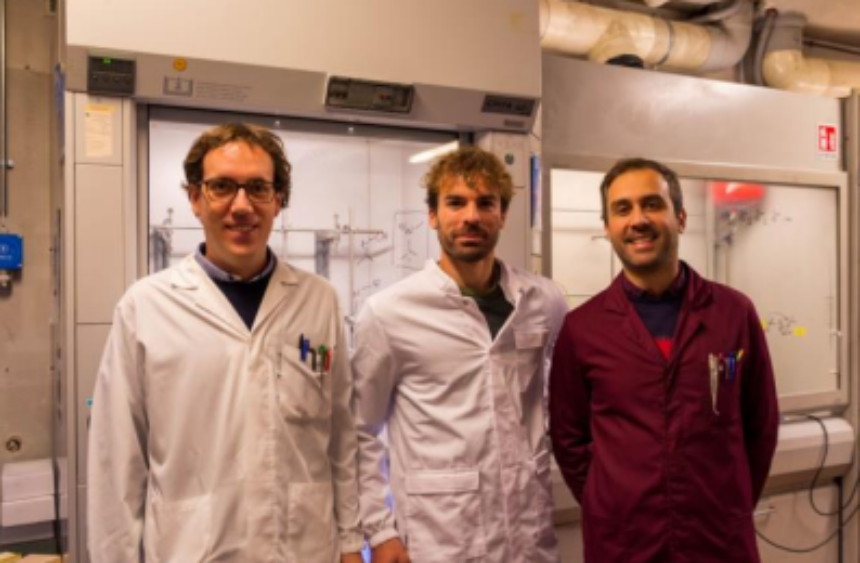Bioactive molecules from light: an innovative study by the Department of Chemical Sciences for more sustainable chemistry

The effect of light and light radiation on the synthesis of bioactive moleculeshas been explored for the first time by a research team led by Luca Dell’Amico, lecturer in theDepartment of Chemical Sciences at the University of Padua, thus contributing to the implementation of more sustainable chemical processes.
The study “Unveiling the impact of the light source and steric factors on [2+2] heterocycloaddition reactions”, linked to the ERC starting Grant funded by the European Union, used light sources with different colours and a different wavelength to analyse the synthesis processes of two different types of molecules from the same starting reagents.
The research results associated with this study present highly promising implications in that, depending on the type of light source used, different bioactive molecules can be synthesised from the same chemical precursors, which are brought to an excited state as a result of the absorption of energy provided by light. By using light, these processes avoid the useoftoxic reagents, metalsand high temperatures,thusreducingthe environmental footprint of chemical synthesis.
«These are new possibilities based on nature’s lessons», says Dell’Amico, «because we are actually learning to sustainably build the organic molecules we need by simply harnessing the sun’s energy, just as plants do».
